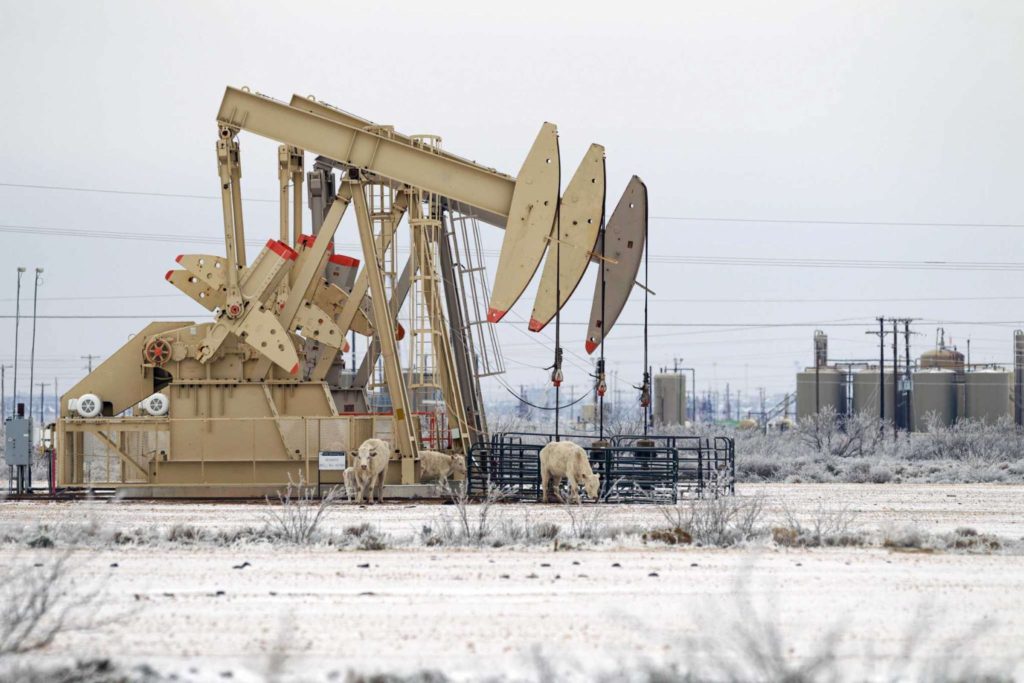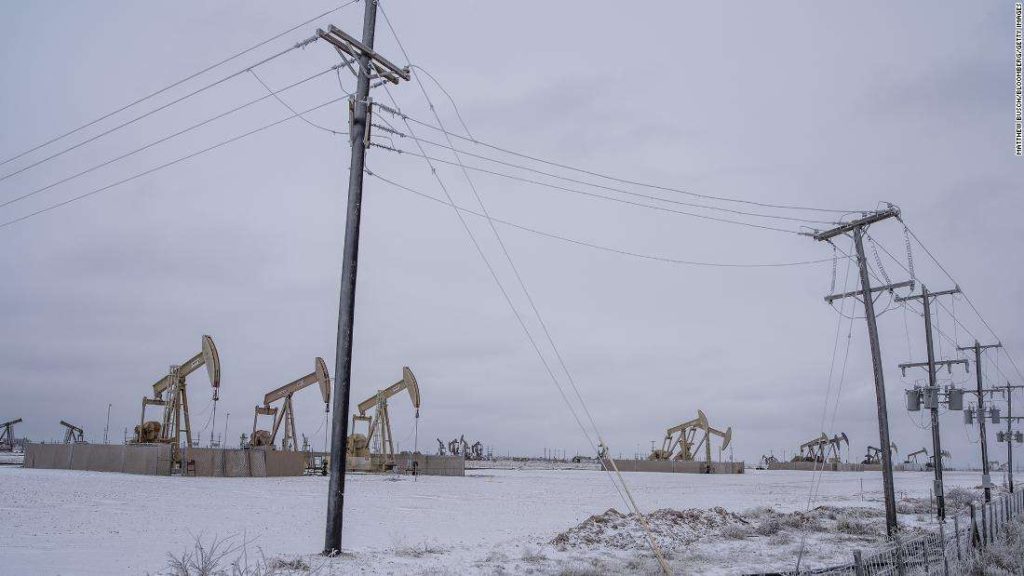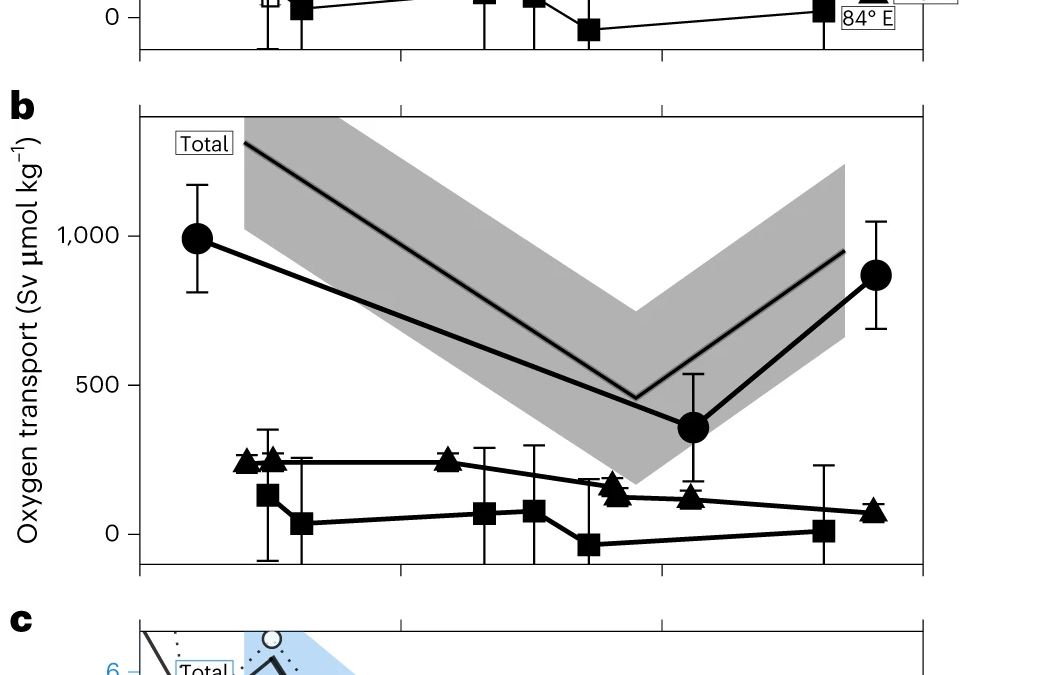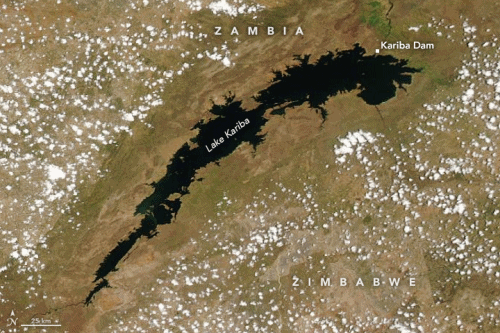Texas freeze led to release of tons of air pollutants as refineries shut – “These emissions can dwarf the usual emissions of the refineries by orders of magnitude”

By Laura Sanicola and Erwin Seba
21 February 2021
NEW YORK/HOUSTON (Reuters) – The largest U.S. oil refiners released tons of air pollutants into the skies over Texas this past week, according to figures provided to the state, as refineries and petrochemical plants in the region scrambled to shut production during frigid weather.
An arctic air mass that spread into an area unused to such low temperatures killed at least two dozen people in Texas and knocked out power to more than 4 million at its peak. It also hit natural gas and electric generation, cutting supplies needed to run the plants along the U.S. Gulf Coast.
Shutdowns led to the refineries flaring, or burning and releasing gases, to prevent damage to their processing units. That flaring darkened the skies in eastern Texas with smoke visible for miles.
“These emissions can dwarf the usual emissions of the refineries by orders of magnitude,” said Jane Williams, chair of the Sierra Club’s National Clean Air Team.
She said U.S. regulators must change policies that allow “these massive emissions to occur with impunity.”
The five largest refiners emitted nearly 337,000 pounds of pollutants, including benzene, carbon monoxide, hydrogen sulfide, and sulfur dioxide, according to preliminary data supplied to the Texas Commission on Environment Quality (TCEQ). […]

The flaring continued through the week as refiners kept plants out of service.
“We had six or seven flares going at one time,” Hilton Kelly, who lives in Port Arthur, home to refineries operated by Motiva, Valero and Total SE , said on Friday. “It’s still happening now.”
Sharon Wilson, a researcher at advocacy group Earthworks, said the releases were alarming, in part because “there is no safe amount of benzene for human exposure.”
State data showing oil and gas producers were flaring methane this past week “is just making things worse, and it could have been prevented” by winterizing facilities, she said.
Texas oil and gas companies filed 174 notices of pollution releases above permitted levels between Feb. 11 and Feb. 18, four times the number the prior week, according to TCEQ data.
Total pollution at Houston-area facilities during the cold snap totaled about 703,000 pounds, about 3% of the total pollution over permitted amounts for all of 2019 and almost 10% of 2018’s releases, according to TCEQ data analyzed by advocacy group Environment Texas. [more]
Texas freeze led to release of tons of air pollutants as refineries shut


